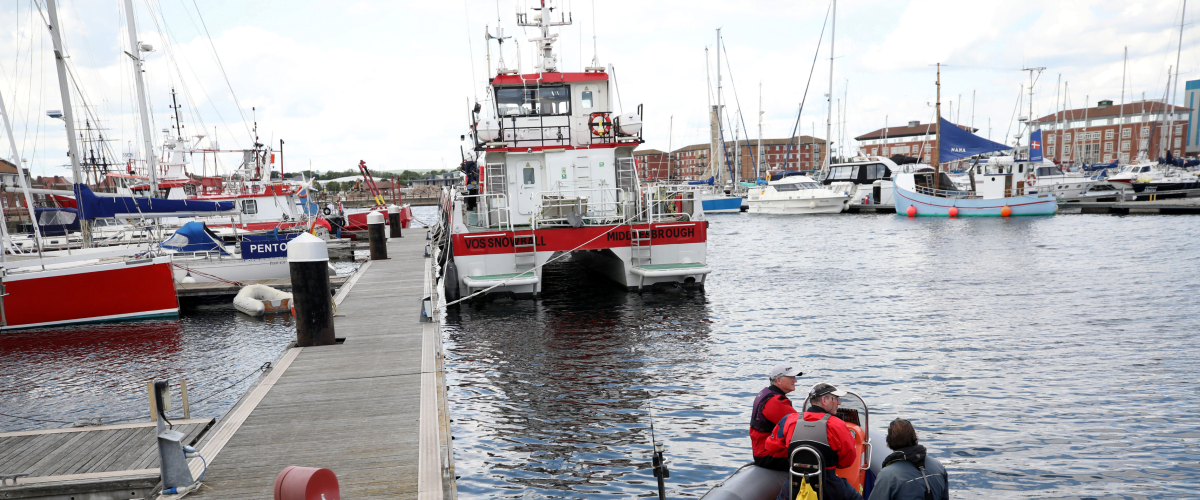We want you to be safe whether you live on a boat or plan on staying in one for a holiday.
Did you know? Boat fires often grow rapidly and spread quickly. Working alarms can give you vital seconds to help you escape safely.
Follow our simple tips to stay safe on board:
- Fit smoke alarms, gas leak indicators and carbon monoxide alarms in places where you will hear them clearly if they go off
- Test the alarm every week – and follow our social media channels for reminders from our #TestItTuesday posts
- Oil sets alight easily – take extra care when cooking with it
- Regularly clean the kitchen – avoid a build-up of grease that could catch fire
- Use a spark device to light gas cookers as they don’t have a naked flame
- Keep cabin ventilation clear to prevent a build-up of toxic CO
- Keep your chimney swept regularly to prevent stoves damaging which could result in burning
- Ensure gas appliances are installed and maintained routinely by trained fitters
- Replace gas hoses, showing signs of cracking, brittleness or discolouration
- Keep gas cylinders upright, stored outside and secured from moving
- Use a trained marine electrician to install and service electrics
- Make and practice an emergency escape plan with everyone (including pets) on board
- Before you go to bed – check all cooking and heating appliances are turned off as you are more at risk from a fire when asleep
- Emergency valves and switches – understand and make sure everyone else knows how to close these in case of a fire
- Extinguishers – familiarise yourself with how to use any extinguishers which are found on board
- Life jackets – ensure these are in good condition and you have a sufficient number available on board.
And here are some don’ts…
- Don’t ignore anything that looks, smells, or sounds like it is scorching, melting or sparking
- Don’t cook when tired, or if you have drank alcohol and don’t leave your cooking unattended
- Don’t disconnect your alarms or remove working batteries
- Don’t smoke anywhere near anything that could catch fire, such as curtains or bedding
- Don’t use candles on board, instead consider using LED alternatives for light or ambiance
- Don’t let oil or debris build-up in the bilges
- Don’t restrict airflow by blocking vents or air gaps
- Don’t rely on a mobile phone there could be no signal. Make sure if you go out to sea that you have at VHF radio. Have a charged-up, handheld, waterproof one ready for use at any time
- Don’t enter a smoke-filled space.
Remember, if there is a fire – GET out, STAY out, call 999.




